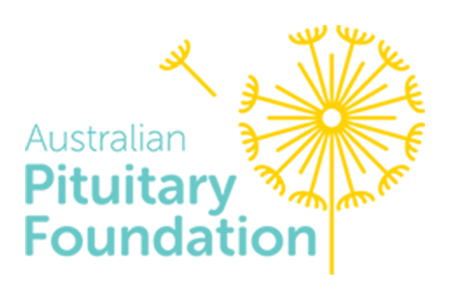Adrenocorticotrophic Hormone (ACTH)
Understanding the adrenocorticotrophic hormone
ACTH is secreted by pituitary cells called corticotrophs. The hormone stimulates the adrenal glands to make cortisol, which is the natural steroid our bodies make, and is essential for survival.
The adrenal glands are two small glands, one on top of each of our kidneys. Cortisol is secreted by the adrenal glands in the form of pulses, in a daily rhythm. The maximum secretion of cortisol happens around the early hours of the morning and reaches a peak when we wake up. The levels of cortisol slowly come down during the day. Changes in ACTH secretion throughout the day govern this day-night cycle of cortisol secretion.
Patients who take cortisol, due to pituitary or other diseases, have their maximum dose first thing in the morning, and progressively lesser doses during the day. The purpose of this is to mimic the natural cycle.
Cortisol maintains normal blood pressure, increases protein and fat metabolism, and increases blood glucose levels.
Different factors can have an impact on the amount of cortisol the body needs or secretes. Cortisol is important in controlling the body’s response to ’stress’, the maintenance of blood pressure and the amount of sugar in the blood. At times of acute illness, a person with ACTH deficiency cannot respond to the stress of the illness. It is important that extra cortisone is given on these occasions.
For more information, regarding response to illness or injury, refer to our page on ‘Cortisol Replacement Therapy’ and be sure to discuss your sick day management plan with your Endocrinologist, who will provide written instructions. Wearing a medical alert bracelet/tag and carrying instructions for emergency steroid treatment is essential. This is very important, as low cortisol levels can cause a life-threatening emergency.
